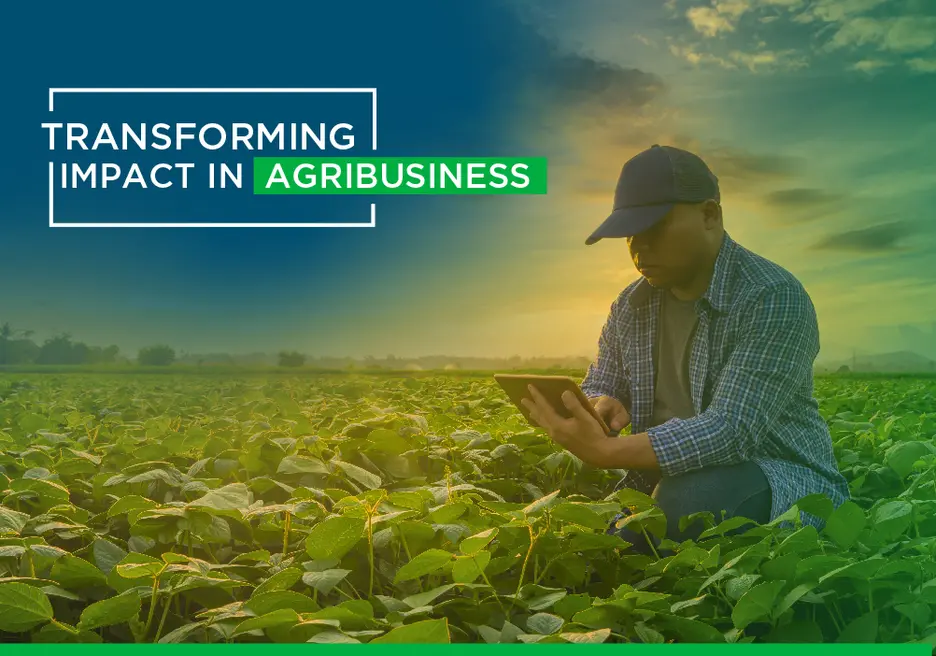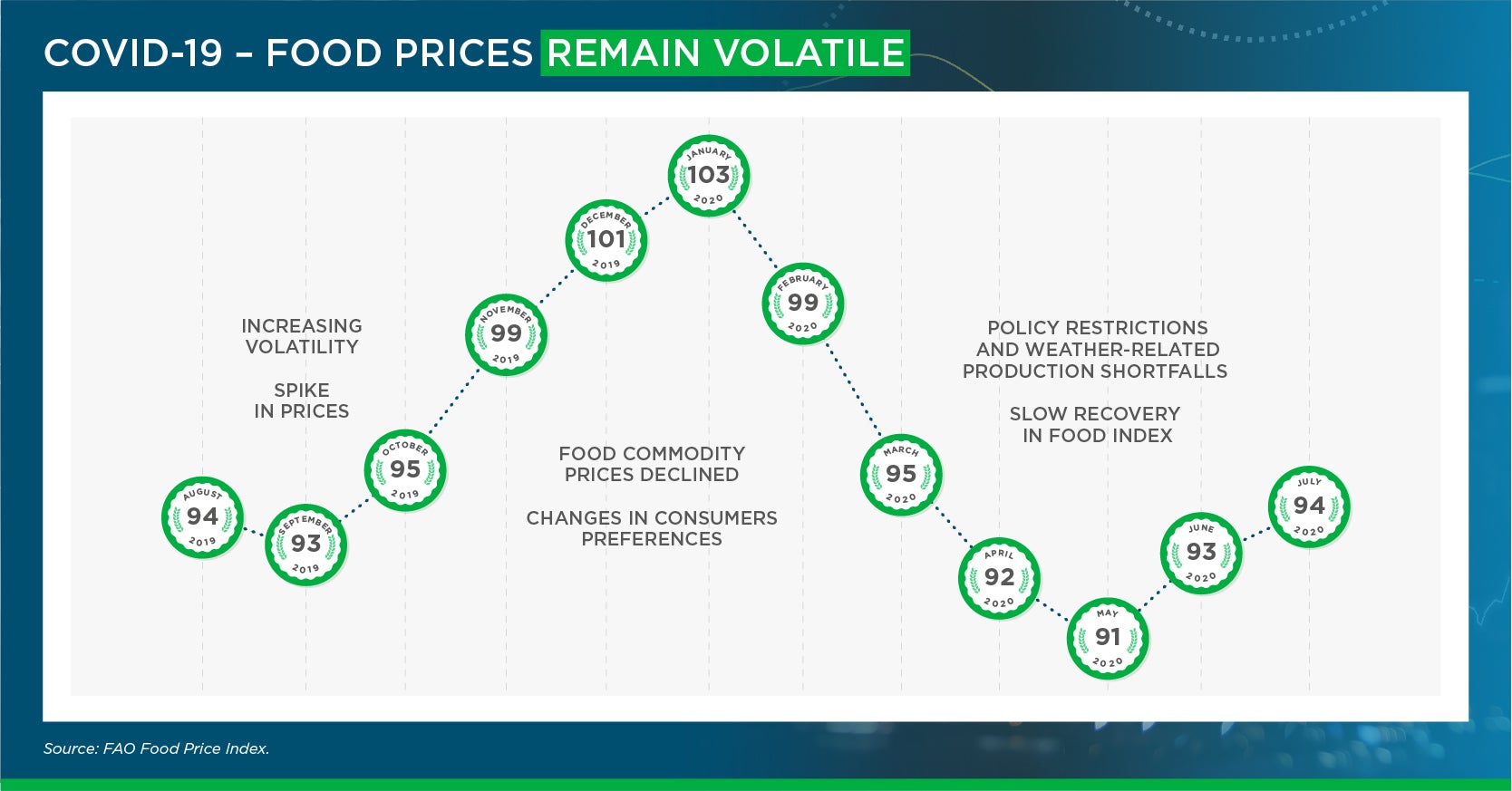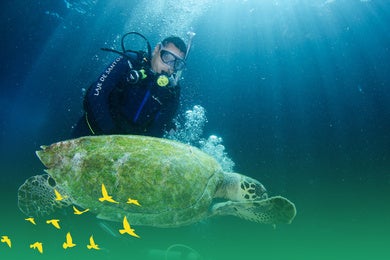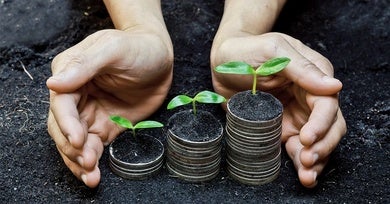Post-pandemic, the agribusiness industry faces accelerating trends

When you read about the impact of COVID-19 on this or that sector, you usually read how deep and serious it has been. However, in agribusiness in Latin America and the Caribbean (LAC), such hit has been relatively minor.
This is not to say that there was no impact, especially early on. In fact, this impact was on the supply side – leading to limited labor availability, logistics problems, increased production costs, in some cases border closures – and on the demand side, from abrupt changes in sales channels to shifts in consumer preferences and drops in purchasing power.
In general, the pandemic has accelerated pre-existing trends. Changes that many thought would take years, especially in technology and digitization on the fields, are taking place in real time.
You may also like:
- Your Business is Next in Line for Internet-of-Things Disruption
- How Can Latin America Attract Foreign Investment in Times of COVID-19
- Amid the Pandemic, Some Keys to the Agriculture Sector in Latin America and the Caribbean
Among these trends, the main ones are:
-
Adoption of new technologies and on-field digitization in search of greater efficiencies and greater integrity of the value chain: everything related to agri-tech, artificial intelligence, the use of blockchain and the Internet of Things, sensor technologies, cloud-based information management, gene-editing for plants and seeds...
-
Increased awareness of climate change's impact on agribusiness, especially focused on the side of greater consumer demands: climate-smart agriculture, climate resilience, regenerative agriculture, low-carbon production, water efficiency, generation and use of energy based on organic waste, etc.
-
Location of food value chains, with increasingly empowered consumer who has greater demands on the origin and nutritional value of the food. This leads to the suppression of links, localized chains and a closer connection between producer and consumer with, therefore, greater info demands on food's origin, traceability, quality and safety.
In the end, it all comes together: traceability requires massive aggregate data management, which is a great advantage for all agribusiness actors who are already digitizing and raising awareness about the fight against climate change. A good example of this is Danper Trujillo, a Peruvian firm that agreed to a US $ 20.7 million loan with IDB Invest in recent years, in order to improve water use and implement technological improvements in its production lines.

The challenge for LAC, the world's largest net food exporter, is to ensure that all these advances are democratized, and that they do not remain with the large producers, but rather reach the sector's backbone. These are small and medium producers, responsible for 70-80% of food output in LAC. Solving the problems of connectivity, inclusion and access to adequate financing for many of these small farmers must be the focus.
On the other hand, as the recent study “Vulnerability to climate change and economic impacts in the agricultural sector in Latin America and the Caribbean” indicates, LAC faces a great challenge as a result of climate change and variability (higher temperatures, changing weather patterns and extremes). This makes disseminating the application of disruptive sustainable technologies an urgent need.
LIKE WHAT YOU JUST READ?
Subscribe to our mailing list to stay informed on the latest IDB Invest news, blog posts, upcoming events, and to learn more about specific areas of interest.
Subscribe


